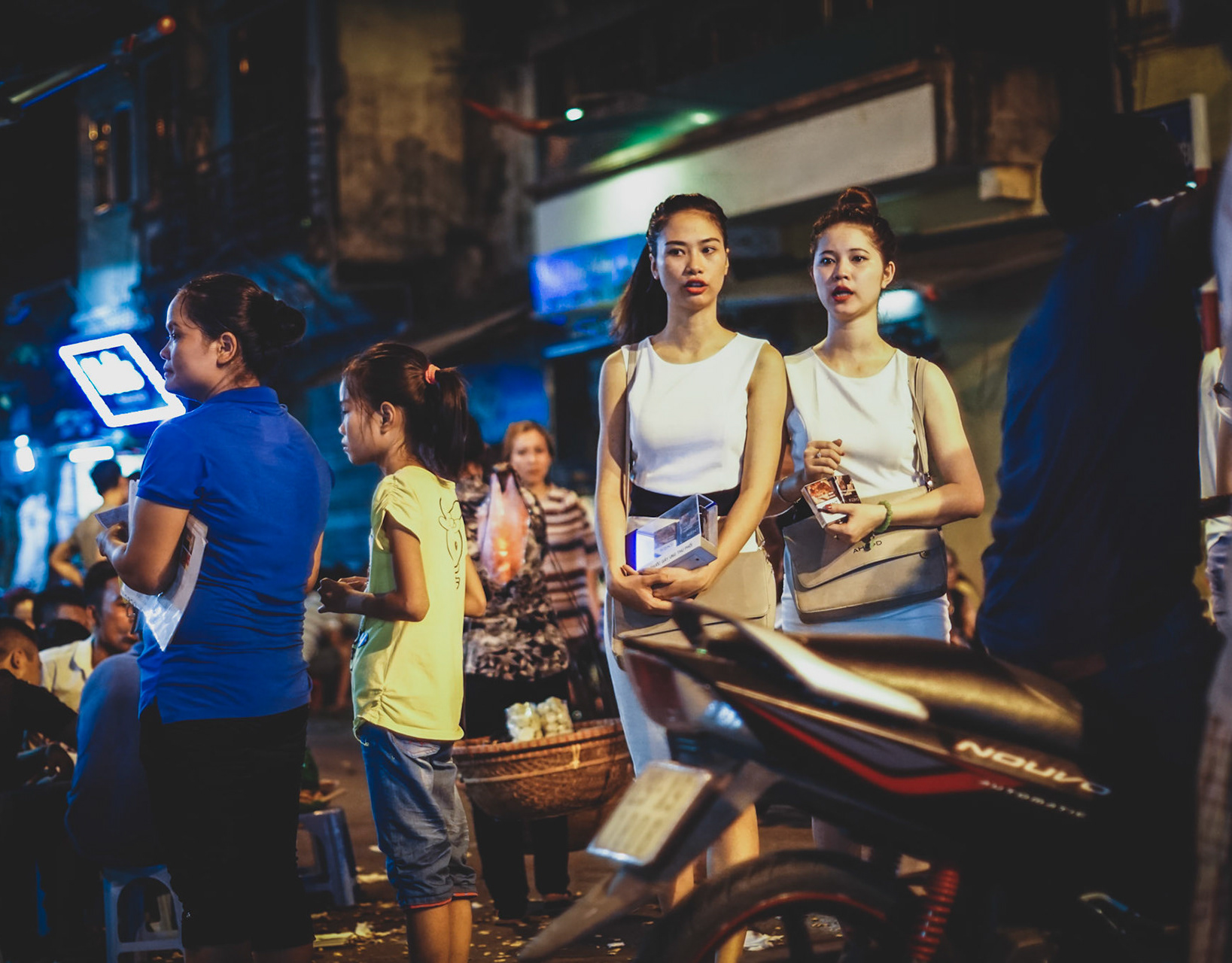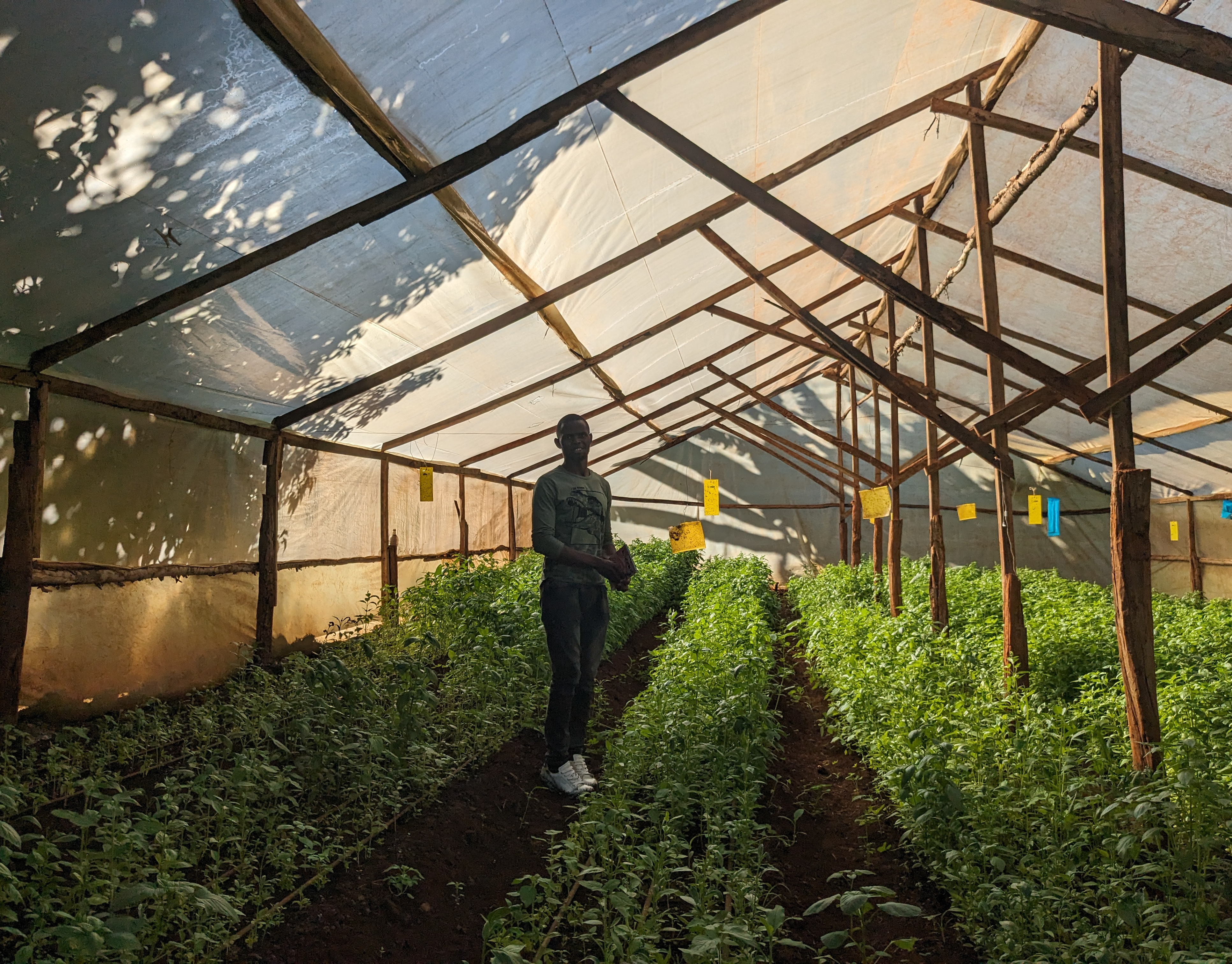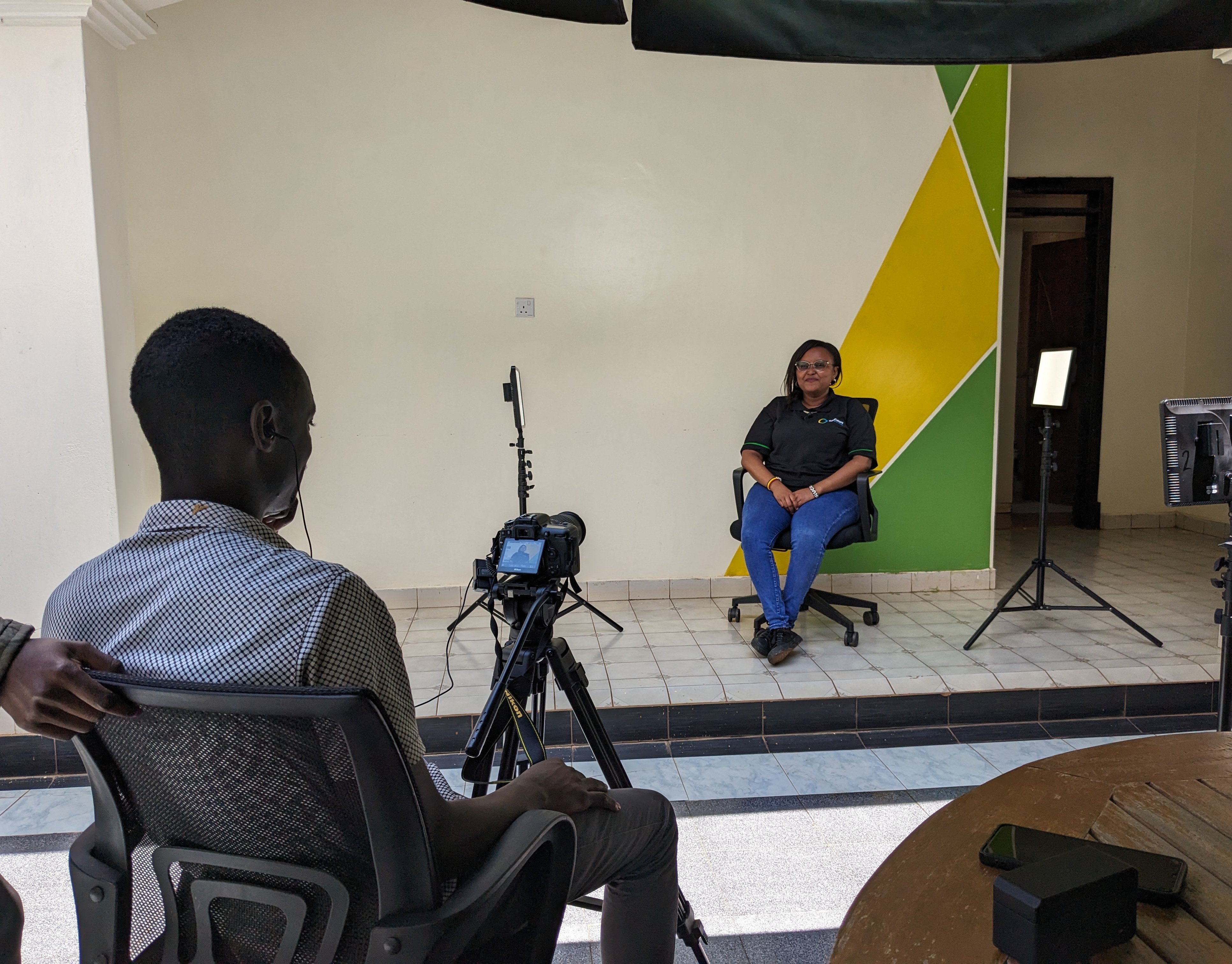The need for digital inclusivity and low tech models
For smallholder farmers, technological advances have changed their lives. An increasing number of them now own mobile phones, or at least have access to one (using their own SIMs in a neighbor's phone). For many of them, a mobile phone not only gives them access to information and connections to the outside world, but it has has also become their “bank”, enabling them to be able to pay for various services using mobile money or accessing valuable information. Access to mobile phone keeps growing as prices continuously decrease, making them now available to the lowest income families .
That said, many of the key design decisions around how agriculture NGOs operate were and maybe still are based on the assumptions of limited connectivity and paper-based processes. In my work, I have seen that leveraging some of these key changes`will, when deployed correctly, allow for more efficient operational models and increased agility in value propositions.
Disrupting the model
At One Acre Fund I have laid the groundwork for a radical shift towards client managed technology. This was a strong departure from the initial digitization efforts aimed at replacing paper processes 1 to 1 with digital tools. Shifting towards client level technology enabled One Acre Fund to rethink the current business model and leverage elements of Internet based business models to rapidly scale up its efforts to impact the lives of smallholder farmers across the continent. 2019 ended with the implementation of a variety of USSD and SMS services across Kenya, Rwanda and Tanzania with a user base of approximately 900.000 SHFs and 28.9 million interactions up to May 2020.
Institutionalizing radical change is always complex as it often feels that it capitalizes resources that can could solve bigger problems. Problems that we clearly identified and have scoped a solution for. At the start of this push I identified the following barriers: 1) Our technical resources are busy and 2) The business case for this is not proven. In order to move forward I approached this shift through an intrapreneurial approach were we started small, well connected and sought to keep our investment costs low. See our project plan below.
Become the core technology
After 2.5 years One Acre Fund currently services 900.000 small holder farmers through their digital systems. In May 2020 close to 5 million interactions were running through our portals across multiple countries. Direct farmer facing technology has evolved from a radical idea to a part of our omni-channel customer experience strategy. This technology will continue to shape how we deliver impact and more recently played a crucial role in navigating the COVID-19 crisis.



